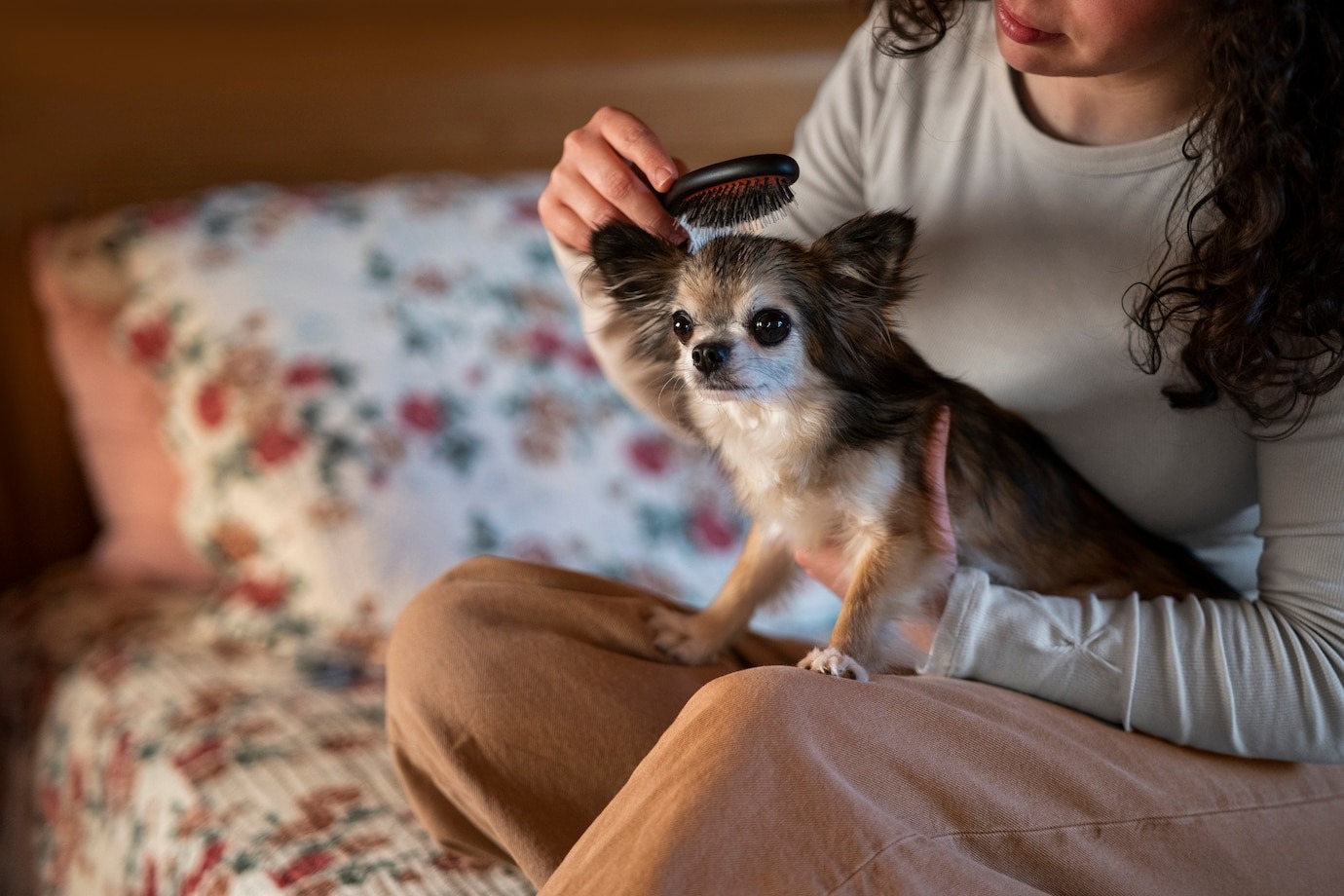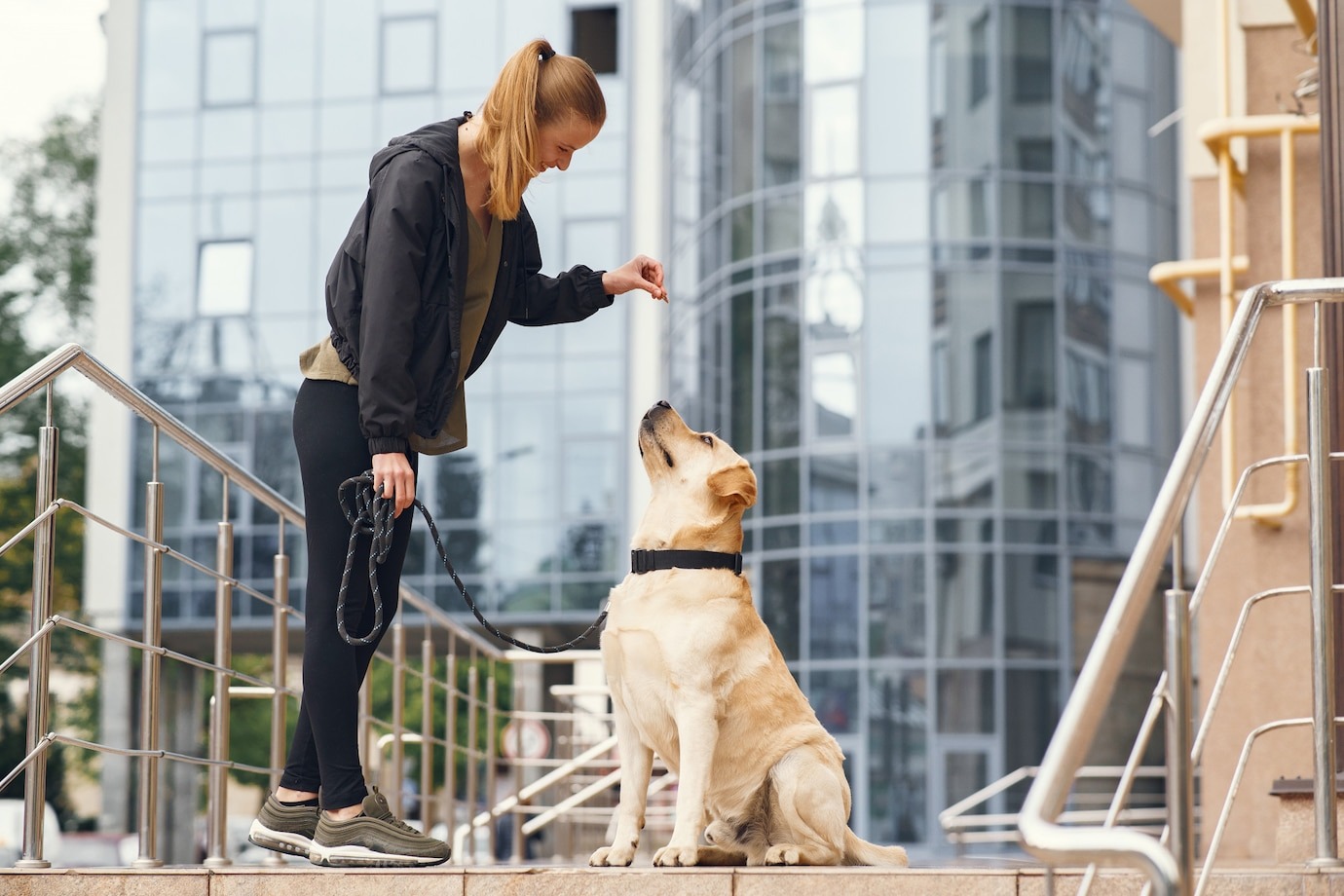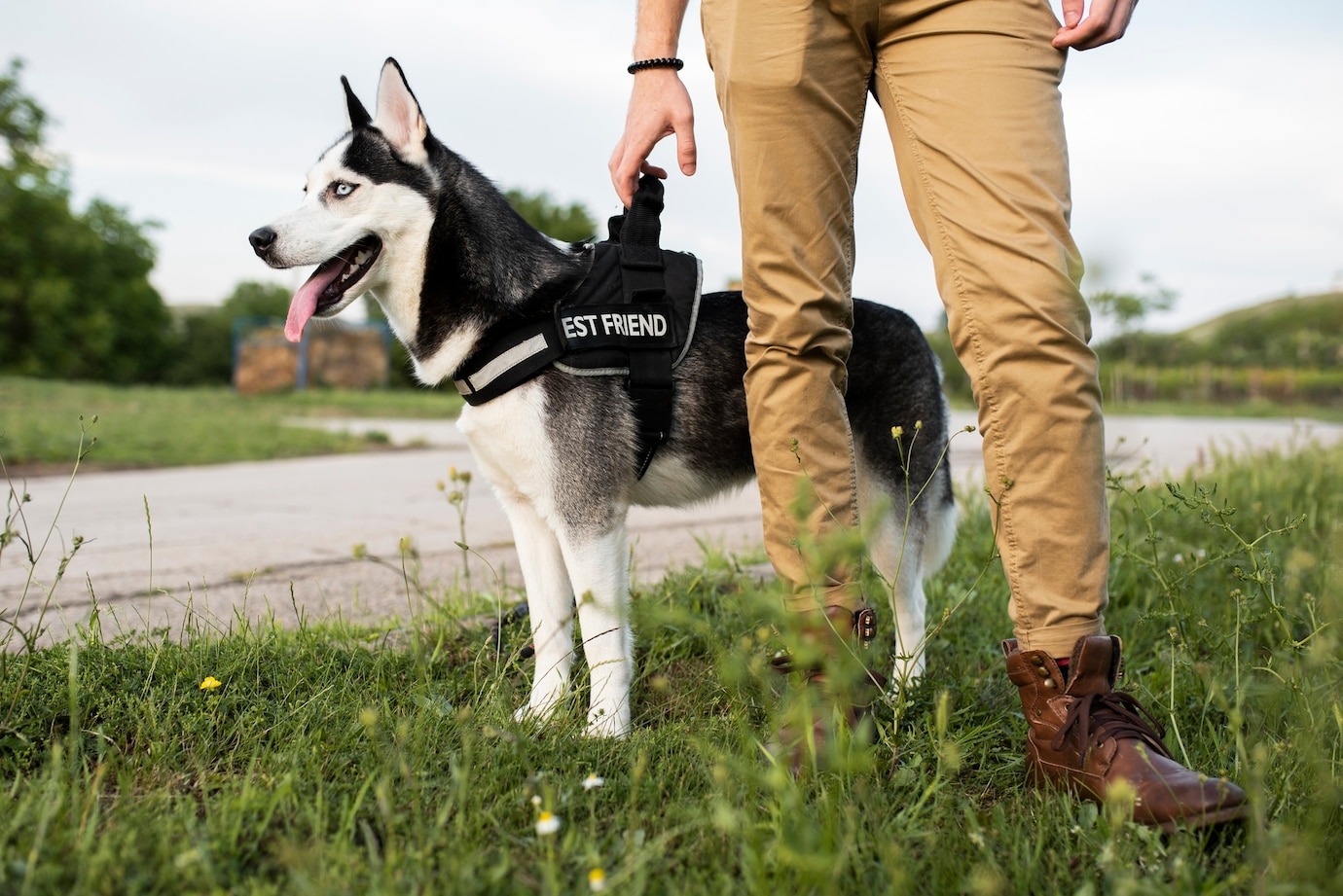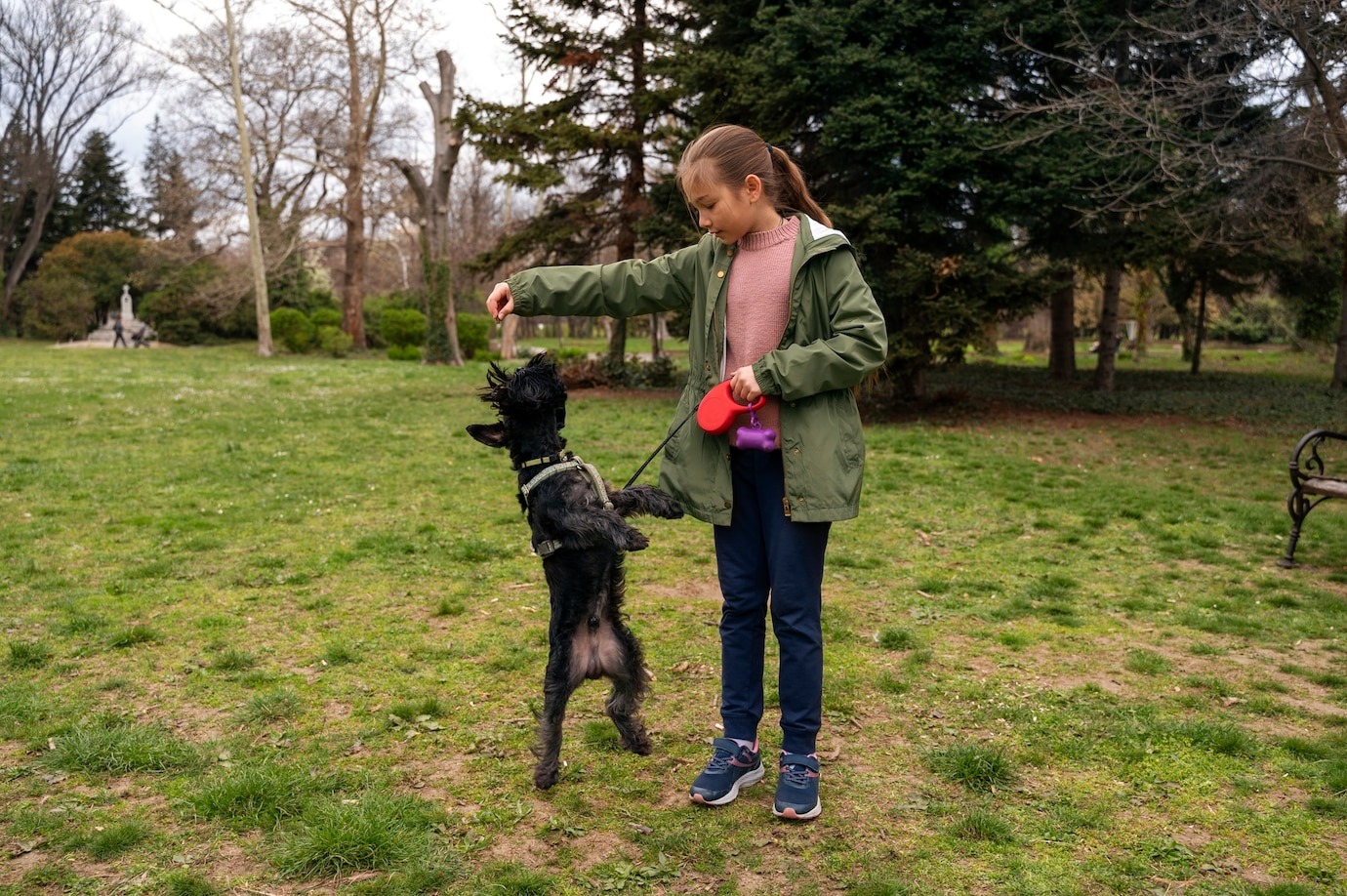Dutch Shepherds are highly energetic, active, and intelligent dog breeds. Their nutritional needs are different and Dutch Shepherd breeders need to pay attention to their food to meet their specific needs. Whether you are a breeder or a Dutch Shepherd owner, you must understand their nutritional requirements to keep them healthy. In this blog post, we will delve deeper into understanding Dutch Shepherd food requirements. Explore more below.
1. Understand their Nutritional Needs
Dutch Shepherds are medium to large-sized dog breeds with high energy levels. Their diet needs to be balanced, and rich in essential nutrients. Here’s what their ideal diet includes:
High-Quality Protein: Including animal-based proteins like chicken, turkey, beef, or fish is a must for Dutch Shepherds as it supports muscle development and maintenance.
Healthy Fats: Make sure that their diet has Omega-3 and Omega-6 fatty acids. These are important to provide sustained energy. It also supports coat and skin health.
Carbohydrates: Carbohydrates are an important source of energy but the type of carbs you provide makes all the difference. Make sure that food includes complex carbohydrates. You can include food like brown rice, oats, or sweet potatoes.
Vitamins and Minerals: To ensure good bone health, immune system, and overall well-being, vitamins and minerals are crucial. Dutch Shepherd food must have these essential nutrients and you can also include supplements if prescribed by a veterinarian.
Water: Hydration is important to keep your Dutch Shepherd healthy. Make sure that they have access to a fresh, and clean bowl of water at all times.
2. Choose the Right Type of Food
You need to consider factors like age, size, activity level, and health conditions to choose the right type of Dutch Shepherd food. Here’s how you can find the best food:
Puppy Food: Puppy formulas are rich in protein and have high calories as they are designed to promote growth and development.
Adult Food: A balanced diet with moderate calories to sustain energy levels.
Senior Food: For aging dogs, these foods are designed to support joint health and are low in calories.
You can select between wet food, dry kibble, raw diets, or homemade meals. It’s best to consult a veterinarian to understand your Dutch Shepherd’s unique food requirements.
3. Portion Sizes
Pet parents need to ensure that they don’t overfeed their dogs as this can lead to obesity, eventually posing the risks of heart issues and weakened joints. On the other hand, underfeeding can cause malnutrition. Here’s how you can find the right balance:
Follow Package Guidelines: If you offer packaged dog foods, then you can read the guidelines on the back of the package. It is generally recommended on the basis of weight and activity level. However, we still suggest confirming the portion size with your veterinarian to make more informed decisions.
Adjust When Required: Monitor your Dutch Shepherd’s body and energy levels to adjust portion sizes when needed.
Use a Fixed Measuring Cup: Keep a cup fixed to measure portions accurately and avoid overfeeding.
4. Be Mindful of Treats
Treats are often a great source of positive reinforcement. You can use it during training in a limited quantity. However, make sure that it doesn’t exceed 10% of their daily caloric requirements. Besides, it's best to go for healthier alternatives like carrot sticks, seedless apple slices, and dog treats made with clean and natural ingredients. Remember to avoid treats that are high in sugar, salt, or artificial preservatives or additives.
Other Important Links-
5. Address Special Dietary Requirements
Dutch Shepherds can also develop food sensitivities or allergies. Common allergies include chicken, beef, and wheat. You need to observe your dog for signs of allergies like itching, digestive problems, or ear infections. If you notice any such signs:
- Switch to a limited-ingredient diet
- Opt for novel protein sources like lamb or duck
- Consult a vet to find out which food items you need to avoid
6. Avoid Harmful Food Items
Certain human foods are harmful for dogs and Dutch Shepherd breeders must avoid it in all circumstances. For example, chocolate, grapes, raisins, onions, garlic, alcohol, caffeine, and Xylitol ( a sweetener found in candy and gum).
In conclusion, providing the right nutrition is important for Dutch Shepherds to ensure they have a healthy, long, and happy life. We hope you find this blog helpful for understanding Dutch Shepherds’ unique nutritional needs. With the right care, they will reward you with unconditional love, loyalty, and endless energy for years to come.






